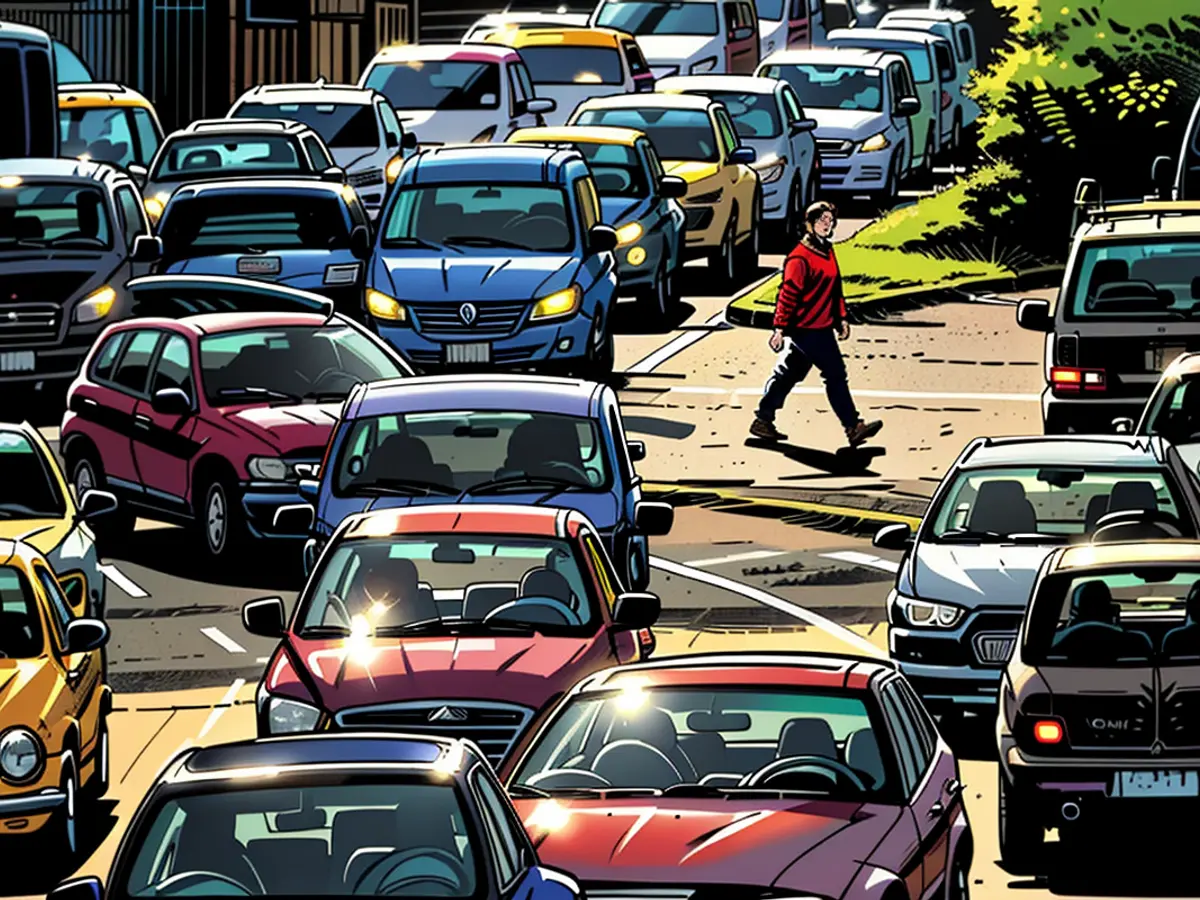Traffic - Government will bring Mobility Law into effect
After months of negotiations between the Greens and CDU, the state government is now set to introduce the Mobility Law proposed by Transport Minister Winfried Hermann (Greens) next Tuesday. According to Hermann's statement to the German Press Agency, "With the Mobility Law, we are putting another building block from the coalition agreement into practice, which advances us in climate protection."
The law defines guidelines for sustainable, climate-friendly, efficient, and reliable mobility. It lays the groundwork for the introduction of a mobility pass. This will enable communes to finance the expansion of public transport using a public transport levy. In return, residents and vehicle owners must receive a credit for the use of public transport on-site. They could use this credit to purchase time-based tickets. However, to introduce the mobility pass, an adequate public transport offering must already be in place. "We have prepared this instrument with studies and model projects. Now is the time for binding regulations," Hermann said.
CDU: Carpet would not have fit in the schedule
However, due to pressure from the CDU, the mobility pass was also scaled down. In the initial draft of the law, cities and municipalities were also given the option of introducing a city toll and an employer contribution. Now, only residents or vehicle owners will be asked to pay.
Thomas Dörrflinger, the transport policy spokesperson for the CDU faction, spoke of a significantly leaner law. "A patchwork of various taxes and additional burdens for employers would not have fit into the current situation."
The law also stipulates that, in the future, coordinators for comprehensive and safe cycle networks will be required in all city and rural districts. These coordinators will support municipalities in planning, building, and maintaining bike lanes.
Cities and municipalities will also be able to control parking areas and identify false parkers using scan vehicles in the future. This will enable more efficient control of parking spaces, according to Hermann.
- The Coalition Agreement between the Greens and CDU in Baden-Württemberg played a significant role in the development of the Mobility Law, as outlined by Transport Minister Winfried Hermann from the Greens.
- Despite initial plans that included an employer contribution and city toll option, the Mobility Law, now set to be introduced in Stuttgart, has been scaled down due to pressure from the CDU.
- In compliance with the Mobility Law, municipalities in Baden-Württemberg will be required to appoint coordinators for comprehensive and safe cycle networks, as stated by the German Press Agency.
- In line with the provisions of the Mobility Law, cities and municipalities will gain the authority to utilize scan vehicles for more efficient control of parking spaces, helping to identify false parkers.








